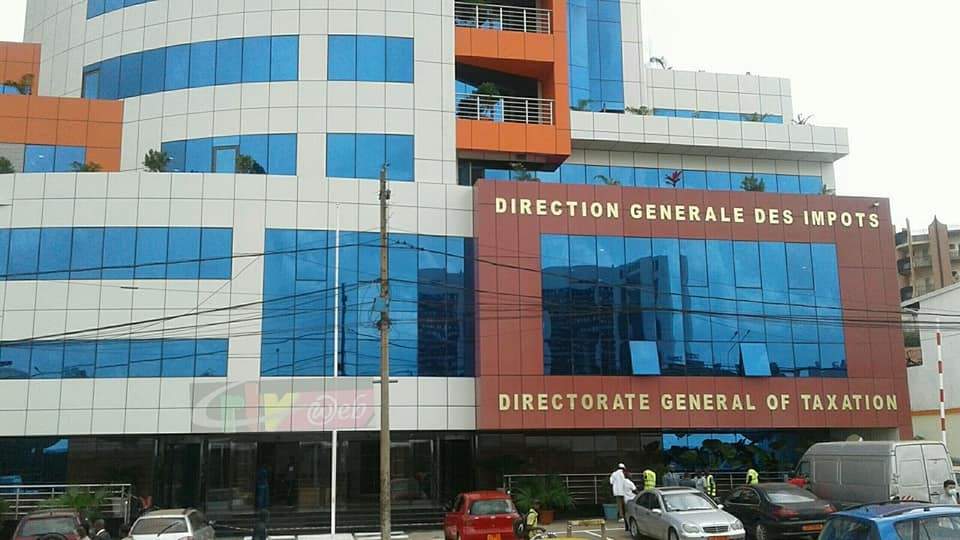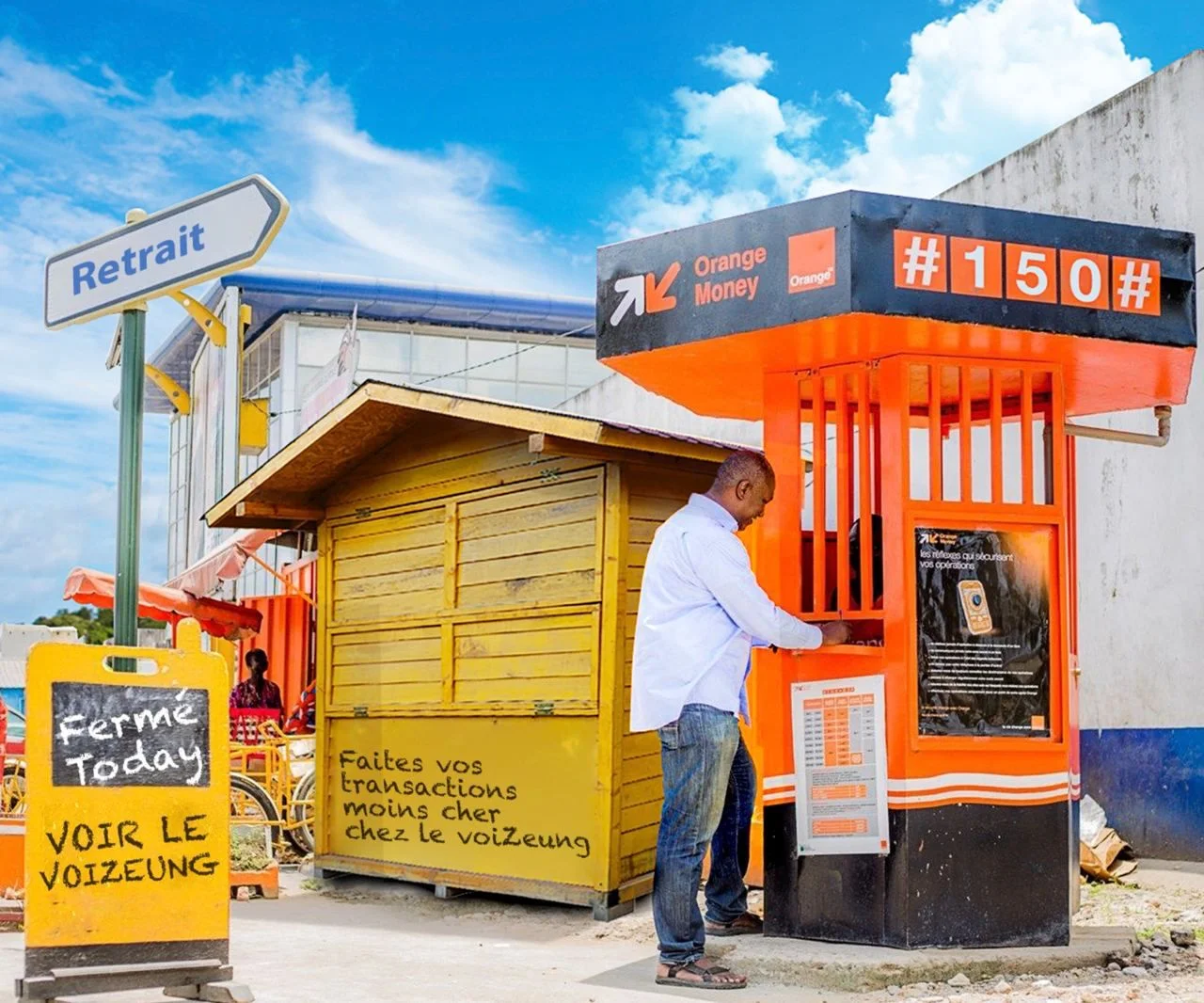
Innovations in the 2024 Finance Law of Cameroon
The recently enacted Law N° 2023/019, dated December 19, 2023, marks a significant turning point in the financial landscape of […]
Our expert legal team boasts exceptional knowledge of diverse laws and policy orientation in the countries where we provide top-notch client support.
Expert insight & up-to-date legal knowledge is key to our success as Africa’s top client-focused Law Firm.
At our firm, sharing knowledge and lessons learned is a key part of our culture.
Our team of dedicated and innovative attorneys in Cameroon is known for their agility, creativity, and forward-thinking approach. We provide seamless legal services and tailored solutions for even the most complex legal issues.

The recently released 2022 report on payment services by the CEMAC Central Bank highlights the pivotal role of mobile money in driving financial inclusion, digitizing payments, and developing African economies. Mobile money accounts for an impressive 98% of all opened payment accounts in the CEMAC zone, demonstrating its dominant position in the financial landscape.
During the referenced period, a staggering 2.4 billion mobile money transactions were processed, amounting to a total value of over 107,126 billion CFA francs. This remarkable growth is attributed to the widespread adoption of USSD technology, which accounted for 2,309 processed operations and 2.3 billion transactions.
As of the current publication, six payment institutions have been approved to operate within the CEMAC zone:
Additionally, the Central Bank has issued 15 favorable technical opinions to other payment service providers.
Critical Considerations for Payment Service Providers in CEMAC
The provision of payment services in CEMAC is a regulated sector, subject to mandatory share capital and management structure requirements. Payment institutions must maintain a minimum paid-up share capital of five hundred million FCFA and appoint a General Manager and a Statutory Auditor approved by the Banking Regulatory Authority.
Therefore, payment services can only be operated in the form of a public company, either as a simplified joint-stock company or a public limited company.
Payment service providers must obtain regulatory approval from the Monetary Authority. However, prior authorization may be necessary in certain cases.
Mobile money services utilized USSD technology are classified as a Value-Added Service in Cameroon. Consequently, providers intending to offer payment services via a mobile telephony solution must obtain authorization from the relevant public body overseeing telecommunications and information and communication technology. This process involves an on-site visit.
To secure the Central Bank’s technical opinion for approval, payment service providers must ensure the interoperability of their technical solution. This is typically achieved by becoming a participant in the Interbank Monetics Group of Central Africa (GIMAC), which certifies the interoperability of participants’ technical solutions through an on-site visit.
Three main authorities are involved in the approval process for payment service providers, each with distinct roles.
The Monetary Authority is responsible for receiving applications and issuing approvals, subject to the favorable opinion of the Banking Commission and a technical opinion from the Central Bank. The application file must include essential elements such as shareholder breakdown, commercial names, distribution channels, domain names, risk management details, anti-money laundering procedures, and interoperability certification.
COBAC evaluates the applicant’s ability to comply with prudential standards, considering factors such as consistency between services, proposed strategy, planned activities, and the adequacy of proposed capital to the risk profile. A favorable opinion from COBAC is contingent upon satisfying these criteria.
Before COBAC issues its favorable opinion, it seeks the technical opinion of the Central Bank on aspects such as technical and functional standards, information system security and efficiency, transmission quality, network access, interoperability, and relevant authorizations. The BEAC’s on-site visit concludes with a technical opinion addressing these critical aspects.
Mobile money has emerged as a robust catalyst for financial inclusion and economic development in the CEMAC zone. Payment service providers play a vital role in facilitating this growth. By carefully considering the critical considerations outlined above, prospective payment service providers can easily get into the CEMAC market with a population of about 42.5 million people.
Reach out to us if you require additional information.

Attorney-at-law | Corporate-Commercial | Technology (FinTech+Blockchain+Cryptocurrency) | Securities | Tax| Managing Partner at 4M Legal and Tax ( Law Firm in Cameroon)

The recently enacted Law N° 2023/019, dated December 19, 2023, marks a significant turning point in the financial landscape of […]

In an ongoing commitment to safeguard consumers of payment services, foster trust in the use of payment accounts, and facilitate […]

In a decisive stride towards enhancing transparency and accountability, the 2023 Finance Law of Cameroon introduced a comprehensive framework imposing […]
©2023 4M Legal & Tax. All Rights Reserved.
